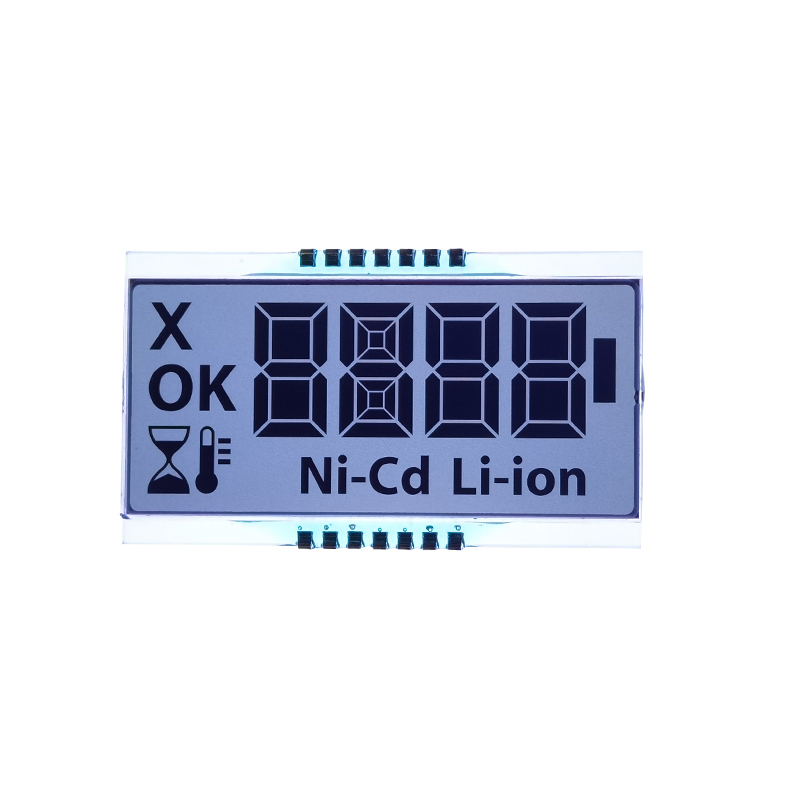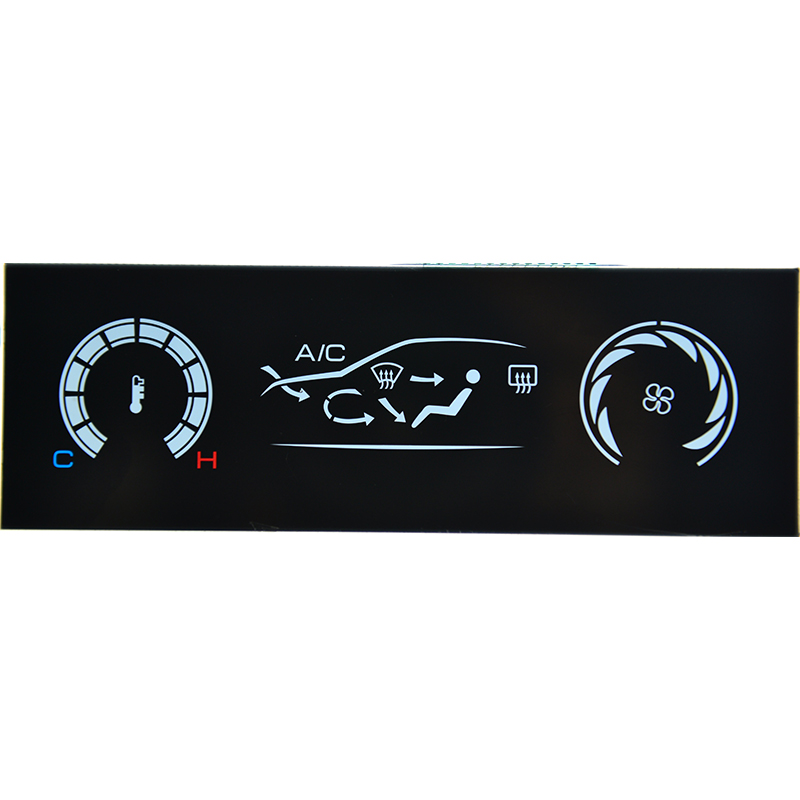
This comprehensive guide delves into the intricacies of the ST7735 TFT display, covering its specifications, applications, and integration process. We'll explore its features, common issues, and provide practical advice for successful implementation in your projects. Learn how to choose the right controller and overcome potential hurdles in your ST7735 TFT display setup.
The ST7735 is a popular controller IC for color TFT LCD displays, known for its relatively low cost and ease of use. Common specifications include resolutions ranging from 128x128 to 320x240 pixels, and support for 16-bit color (65K colors). Its SPI interface simplifies communication with microcontrollers. The ST7735 TFT display modules are readily available from various suppliers, offering a wide range of sizes and features. Remember to always check the datasheet for your specific module to confirm the precise specifications.
When selecting a ST7735 TFT display module, consider factors such as resolution, size, viewing angle, and backlight type. Higher resolutions offer sharper images, but often come at a higher cost. The viewing angle determines how well the display is visible from different perspectives. Backlight types (LED, etc.) affect brightness, power consumption, and cost. For high-quality displays with various options for your project, consider exploring options from reputable suppliers like Dalian Eastern Display Co., Ltd.
The ST7735 TFT display typically communicates via the SPI (Serial Peripheral Interface) protocol. This involves connecting the display's MOSI (Master Out Slave In), MISO (Master In Slave Out), SCK (Serial Clock), and CS (Chip Select) pins to your microcontroller. The exact pin assignments will vary depending on your specific module and microcontroller. You'll need to consult both datasheets for accurate wiring instructions. Proper grounding is crucial for stable operation.
Numerous libraries are available for various microcontrollers (like Arduino, ESP32, etc.) simplifying the process of controlling the ST7735 TFT display. These libraries handle low-level communication and provide higher-level functions for drawing graphics, text, and images. Choosing a well-maintained and documented library will significantly accelerate your development process. Remember to select the correct library according to your chosen microcontroller and display module.
If your ST7735 TFT display isn't working, first verify the wiring connections and power supply. Check the voltage levels and ensure proper grounding. Examine the datasheet to confirm the correct initialization sequence and communication settings. Incorrect initialization commands are a common cause of display failure. Software debugging tools can be very helpful in identifying communication problems.
Image artifacts, such as distorted colors or lines, can result from incorrect wiring, improper initialization, or faulty display hardware. Review your wiring carefully, ensuring there are no short circuits or loose connections. Recheck your software code, paying close attention to initialization parameters and graphics drawing functions. Testing with different libraries may help rule out software issues.
The versatility of the ST7735 TFT display makes it suitable for a broad range of applications, including:
The ST7735 TFT display offers an excellent balance of cost-effectiveness and ease of use, making it a popular choice for numerous embedded applications. By carefully selecting the appropriate module, understanding the SPI communication protocol, and leveraging available libraries, you can successfully integrate this display into your projects.
| Resolution | Color Depth | Interface |
|---|---|---|
| 128x128, 160x128, 240x240, 320x240 | 16-bit (65K colors) | SPI |
Further information can be found in the official datasheets of various ST7735 TFT display modules.












